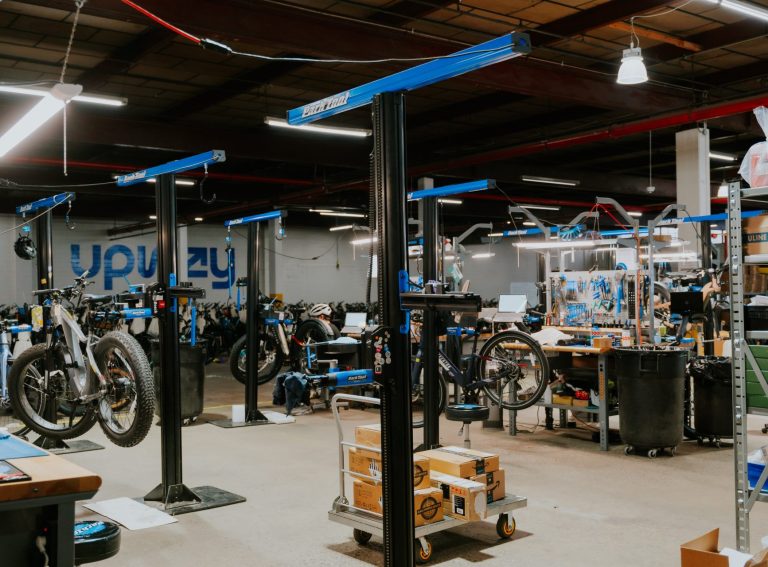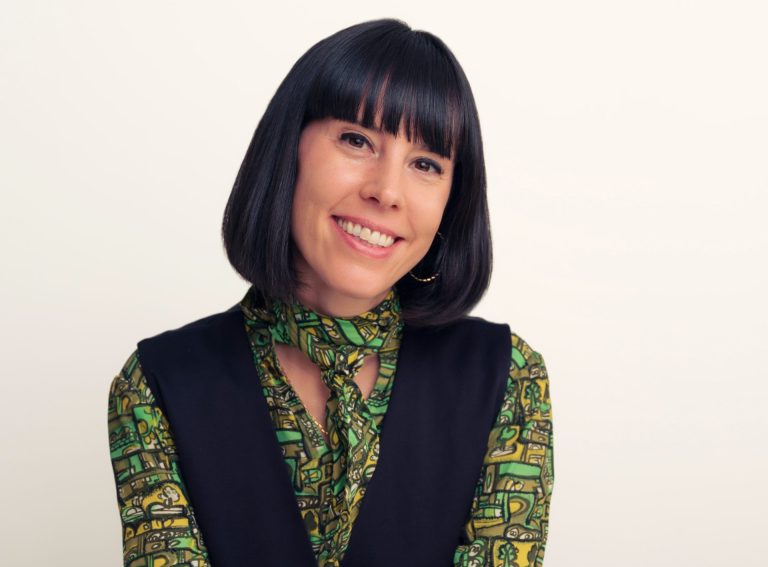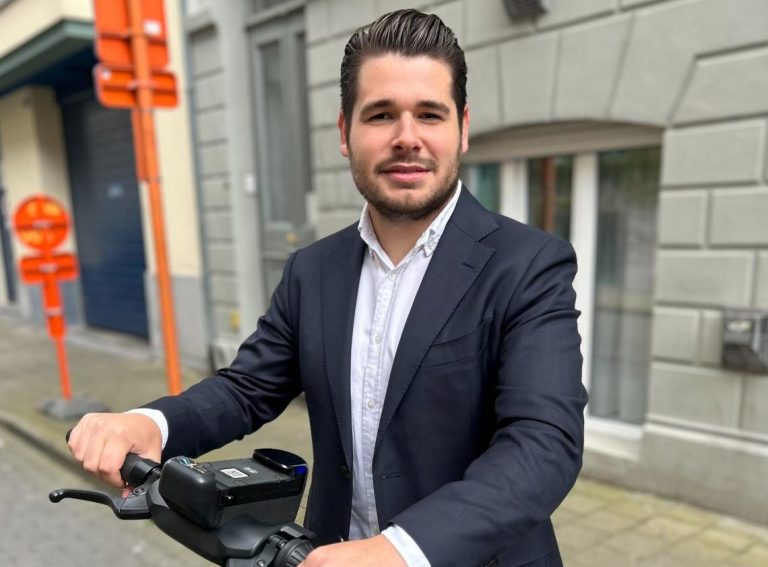EIT Urban Mobility has built the largest innovation network for mobility startups in Europe, providing them with a critical advantage when expanding internationally.
With over 130 companies in its investment portfolio, EIT Urban Mobility not only provides funding but also creates an environment where startups can thrive.
“We see ourselves as a leading player in transforming anything connected to innovation in mobility, specifically in sustainable mobility, and anything that can improve the livability of our cities in Europe,” Keren Beit-Cohen, Head of Strategic Alliances at EIT Urban Mobility, tells Zag Daily in an interview.
Since 2020, EIT Urban Mobility has invested in 132 companies, and collaborates with over 1,000 partners across Europe, including cities, corporates, SMEs, research institutions, government organisations, and more. EIT Urban Mobility’s Network Approach to Venture Capital involves partnering with ‘startup ecosystem agents’ like Moove Lab in Paris, Drive TLV in Tel Aviv, OGR Tech in Turin and The Drivery in Berlin, providing startups with access to essential resources and international markets.
To join EIT Urban Mobility’s portfolio, Beit-Cohen explains that companies must demonstrate high potential for return on investment (ROI) and showcase significant impact potential on social and environmental aspects.
Collaboration is key
EIT Urban Mobility’s startup ecosystem collaboration strategy hinges on its partnerships with global mobility ecosystem agents that provide the company with direct access to pre-screened startup deal flow, local investors, networks, and knowledge databases.
“These agents are crucial for EIT Urban Mobility as they support our brand strength, which was especially important when the organisation began to establish itself as a prominent European institutional investor,” Beit-Cohen explains.
Through these partnerships, EIT Urban Mobility offers “soft landing” support to portfolio startups it has directly invested in, with free office space, mentoring, and introductions to new markets. This assistance allows early-stage startups to expand their reach and run pilots in different locations, which they might otherwise struggle to afford. EIT Urban Mobility is also counting on its startup ecosystem agent to recommend startups for investment, as well as support it with business intelligence on certain points in the firm’s investment process.
Coining the concept
Beit-Cohen’s early experiences in investment and portfolio management played a role in shaping EIT Urban Mobility’s startup ecosystem approach.
“My role is to design and manage activities across Europe that help us achieve our long-term investment goals, amongst others,” Beit-Cohen says. “My background spans private markets, angel investing, venture capital, and corporate venture capital. I’ve seen how the industry has evolved over the past decade and how we, in EIT Urban Mobility as investors, need to adapt. We are privileged to have the resources, vast infrastructure and a mandate to operate on behalf of the EU; we see ourselves as responsible to do the best we can to utilise those resources into impactful activities that the entire ecosystem can benefit from.”
Before taking on her current role, she was EIT Urban Mobility’s investment and portfolio manager for Western Europe, covering the UK, Ireland, Benelux, and Northern France.
“When I joined EIT Urban Mobility, I was responsible for scouting, negotiating, and supporting companies across the UK, Ireland, Benelux, and Northern France,” she recalled. “My colleagues and I, back then as part of the young organisation, struggled with questions like, how do we tap into the right places? How do we make startups want to work with us?”
These challenges, combined with her observations of the venture capital industry, prompted her to think about how EIT Urban Mobility could maximise its resources and EU mandate.
“We needed to come up with something that justified the trust given to us by our partners and the European Union, using our vast infrastructure and access to bodies like the European Commission to drive meaningful change. This led to the development of the network approach. We realised that we can’t do it alone and that we need to work with the best players out there to be part of our mission.”
Key Partnerships driving growth
The alliances network currently operates in multiple major European cities, each with a specific focus.
Moove Lab in Paris specialises in next-generation shared mobility and urban logistics, while the OGR Tech in Turin is a key player in autonomous vehicle and smart infrastructure innovation.
The Drivery in Berlin has become a hub for digital mobility solutions and AI-driven transport technologies, and Tel Aviv, a leader in micromobility and connected vehicle technology.
Each of these hubs, which have their own multi-stakeholder local network, provides startups with access to local testbeds, funding opportunities, and potential corporate partnerships, accelerating their path to market.
“By collaborating with these accelerator hubs, startups can tap into expertise, mentorship, and a network that understands the unique dynamics of their region. This is crucial, especially for companies looking to expand into new cities or scale their operations across Europe,” Beit-Cohen says.
EIT Urban Mobility has already made significant investments in urban mobility innovation, with €17.1 million allocated to more than 150 companies over the past four years.
Alongside this, the organisation has run 50 accelerator programs, 315 pilots, and launched the Startups Growth Lab in February 2023. This platform serves as a community for sustainable mobility entrepreneurs, providing them with funding, networking, and market access, which strengthens their ability to scale and drive innovation across Europe.
A look to 2025
In 2025, EIT Urban Mobility plans to further consolidate its network.
“The core assumption behind our network approach is the shift from quantity to quality. To drive meaningful change in Europe’s investment and mobility landscape and contribute to making Europe more competitive, we must move beyond simply securing funding—which, in today’s market, has become a commodity—and embrace a more strategic and structured approach,” she said.
EIT Urban Mobility intends to consolidate its alliances with ecosystem agents by encouraging more collaboration on pan-European projects. The organisation also plans to increase investment tickets to €2 million, ensuring that its capital goes toward high-impact, scalable solutions.
“We are moving beyond early-stage investments and also looking at later rounds, including Series A, to support companies with real potential for impact at scale,” she says. “We want to create stronger, more unified collaborations with our partners.”
She added that one of EIT Urban Mobility’s priorities is to facilitate greater cross-border cooperation between its startup ecosystem agents. “We will work closely with them on pan-European interventions that provide valuable insights into shaping our next business plan for sustainable mobility.”





